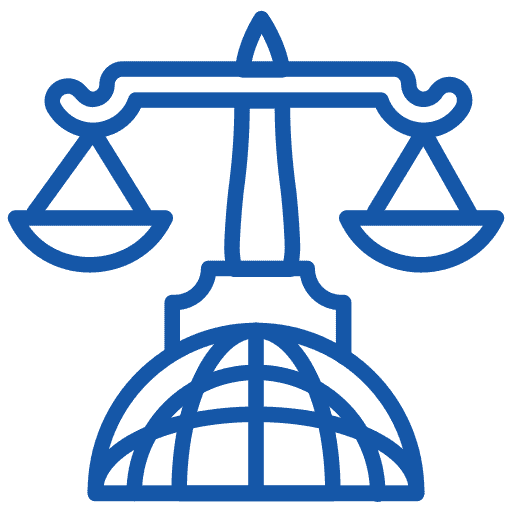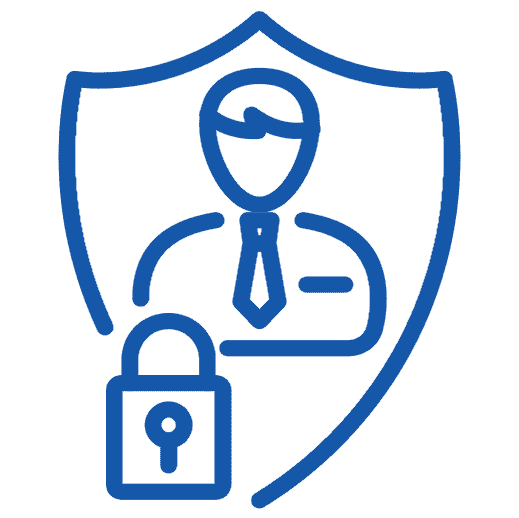FSSAI Central License
The Food Safety and Standards Authority of India (FSSAI) is the authority in charge of making sure food safety and quality are maintained the standard in India. The Food Safety and Standards Act of 2006 gave FSSAI the power to make many licenses for people who run food businesses. These licenses depend on how big their business is.FSSAI Central License is a necessary permission needed for big food businesses that work in various states. This license is for FBOs making over Rs. annually in business. 20 crores. The FSSAI Central License makes sure that food businesses keep high standards of safety and quality in their wide-ranging operations.The main goal of the FSSAI Central License is to make sure that big food businesses follow strict rules about keeping foods safe. By getting this license, FBOs show they are dedicated to keeping things clean and following quality control steps. They also make sure customers stay safe across the whole country.Getting an FSSAI Central License requires filling out a full and careful form. The FBO needs to give different papers like the food safety plan, location proof, and who runs the place or is in charge. They also need details about what kind of food business they are running. The cost for a Central License is based on the yearly income and type of food business. When the FBO gets permission from FSSAI, they receive something called a Central License. This shows that their business follows strict food safety rules made by the Food Safety and Standards Authority of India (FSSAI).The FSSAI Central License is necessary for big food companies working in many states. They must follow top rules on safety and cleanliness for their products. It lets food businesses show that they are dedicated to giving consumers good and safe food all over the country.
Types
The Central License from FSSAI is needed for big food businesses working in many states of India. Given the Food Safety and Standards Authority of India (FSSAI), this paper makes sure that these companies follow food safety rules. The types of FSSAI Central License are as follows:
- Central License for Importers: This group includes big food businesses that bring in lots of food products. People who bring in goods must get a Central License to make sure they follow the food safety rules for things coming from other countries.
- Central License for Manufacturers: This group includes FBOs who make or change large amounts of food products, and do business in more than one state. It includes businesses like food-making factories, big production plants and so on.
- Central License for Storage: This group involves big FBOs that store and keep lots of food items in many different states. It includes places to store fresh and non-fresh food items.
- Central License for Distributors: This group is made up of big FBOs that deliver and give out food items to many places. They work in different states too. It includes large buyers and sellers in different places.
- Central License for Retailers: This group is for stores that have many locations in different states and sell goods. It covers big shops, supermarkets and hypermarkets along with internet food sellers.
- Central License for Caterers: This group is for FBOs that offer big-scale food services in many states. It involves people who give out food at big events and large institutions.
Advantages
For large food businesses, it is mandatory to obtain a special license from the Food Safety and Standards Authority of India (FSSAI). This license applies to businesses with annual turnover exceeding Rs. 20 crores of rupees. Here are some of the benefits of the FSSAI Central License.
- Compliance: FSSAI central licensing ensures that the food industry operates within the regulatory framework laid down by FSSAI. It means they adhere to strict food safety and quality standards, which keep consumers safe.
- State of presence: Central licenses also enable food processors to expand their operations across India. It offers the opportunity to have multiple branches or outlets in different countries, allowing national presence and flexibility.
- Government tenders and contracts: Central authorization is usually a prerequisite for participation in government tenders and contracts. Many government departments and agencies require registration with the FSSAI, and having a central license enables food processors to seek employment opportunities in the public sector.
- Export: Central licenses facilitate export of foodstuffs outside India. It is a must-have for companies involved in food logistics. This license ensures compliance with international food safety standards, qualifies the business for export opportunities and opens doors to global markets.
- Access to international standards: Specially licensed food processing plants access international food safety and quality standards. This enables them to apply best practices and align their operations with global standards. It enhances the brand and competitiveness of the business in the international market.
- Brand Reputation and Consumer Trust: Central licensing adds credibility and authenticity to the food industry. It assures customers of the safety and quality of the products offered by the business. This builds customer trust and loyalty and contributes to brand reputation.
- Legal protection: Central licensing provides legal protection to food businesses. In the event of any legal dispute or customer complaint, having the appropriate licenses helps prove compliance with the required standards, reducing the potential for liability.
Documents
Under the Food Safety Standards Act, of 2006, the documents required to obtain a central license are:
- Form B - Application for Central License.
- The complete declaration is in Annex IV.
- A food processing plan or plan of action.
- A list of the types of foods to be prepared or handled.
- A letter of authorization from the responsible person appointed by the manufacturer with the right to appoint.
- In the case of a company, the certificate of incorporation, memorandum, and articles of association.
- List of directors or partners or owners with contact details.
- Photographic identity and address proof issued by the Government Authorities of the Promoter/Partner/Director/Ownership.
- Food safety management program or certificate.
- Water for feed (chemical and bacteriological) research report.
- Evidence of Ownership (Deed of Sale/Tenancy Agreement).
- Use a certificate issued by the local municipality or gram panchayat.
- Partnership deed or affidavit of ownership.
- Serial numbers, installed power, and consumption of horsepower of various machines and equipment.
- source of milk or procurement of milk including location of milk collection etc. In the case of processing of milk and milk products.
- Arrangements for all measurements, weighing machines, etc. Certificate of measurement.
- Declaration of appointment of engineer.
- NOC from the manufacturer.
- Documentary evidence of sales (e.g. audited financial statements).
- Documentary evidence in support of the amount adjustment shown in Form B
- Import and export code details, if applicable.
Process
Acquiring a Central License from the Food Safety and Standards Authority of India (FSSAI) is mandatory for food businesses involved in large-scale manufacturing, processing, storage, distribution, and import of food products. The following is a point-wise explanation of the process involved:
- Determine Eligibility: Identify if your food business falls under the category required to obtain a Central License. This includes businesses with an annual turnover exceeding Rs 20 crores, manufacturers of specific food products, importers, and food businesses operating in central government agencies.
- Application Preparation: Prepare the necessary documents for application, including Form B (completed and signed), identity and address proof of the proprietor/partners/directors, documents related to the business entity (such as incorporation certificate, MOA, AOA), detailed layout plan of the premises, and a list of food products to be manufactured/handled.
- Submit Application: Submit the completed Form B along with the required documents to the concerned Regional/State Authority of FSSAI either in person or through online submission.
- Verification and Inspection: The FSSAI office will verify the application and may conduct an on-site inspection of the premises to verify compliance with the prescribed standards and guidelines.
- License Issuance: If the application and premises meet the requirements, the FSSAI will issue the Central License, which will contain a unique 14-digit license number.
- Display License: The FSSAI Central License should be prominently displayed at the registered office or place of business.
- Renewal: The Central License is usually issued for 1-5 years, depending on the fee paid by the food business. It is essential to apply for renewal before the license expires to avoid any penalties or non-compliance issues.
Why Adviso?
The process of Annual Compliance of Public Limited Companies entails a comprehensive range of requisites, meticulous document preparation, and pre-and post-compliance obligations. Adhering to the specific terms of compliance is of utmost importance. Undertaking the Annual Compliance of Public Limited Companies without professional assistance can prove to be an arduous task. This is where Adviso comes into play. At Adviso, we offer proficient services for the online approval of the Annual Compliance of Public Limited Companies under the purview of the Registrar of Companies. Our team of competent Lawyers, Chartered Accountants, and Company Secretaries will adeptly guide you through each step of the journey, ensuring a seamless and efficient completion of your Annual Compliance obligations. With Adviso's adept expertise and invaluable support, you will be able to navigate the intricate complexities of Annual Compliance requirements for Public Limited Companies, saving both time and effort, while ensuring full compliance with all requisite regulations.
FAQs
The following organizations are eligible for FSSAI Central accreditation:Large food processing businesses, such as manufacturers, importers, exporters and operators of central feedlots with an annual turnover of more than Rs 20 crore.The food industry is involved in multiple activities in more than one country.Food services are under the control of central government authorities, such as airports, seaports and railway stations, irrespective of their currencies.




.png)
.png)
.png)











